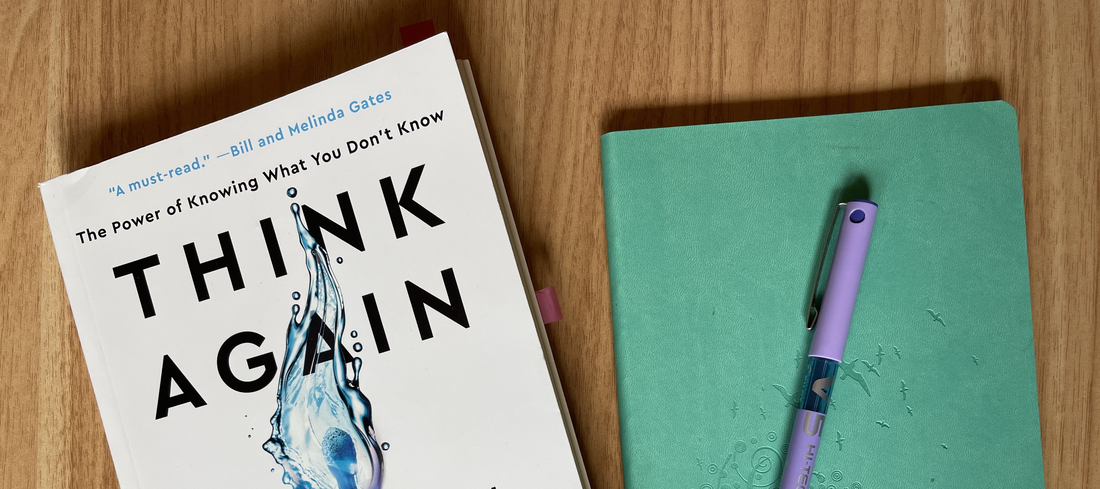If you could design a workshop to support your colleagues to learn from what you read in "Think Again", what would you want to focus on, and how would you organize it? It was our last session with Think Again by Adam Grant, and I wanted the participants to spend time thinking about what the book taught them, and how it directly applied to the culture, processes, and general ways of working within the organization. What would they want to ripple out into the broader organization? One of the groups focused on the idea of decision-making, and how to find or create a decision-making process that could work throughout the organization, but that wasn't overly prescriptive, yet also created some common practices. As I asked questions to learn more, this is what it came down to: Can we have a process that invites dissent and differing opinions WITHOUT pigeonholing people into a position of always being the complainer, devil's advocate, or "negative-nelly"? What could it look like? As the head of talent management of this organization was sharing his ideas, two books popped into mind (as they often do.) The first was the book Leadership is Language by L. David Marquet where inviting dissent in a structured fashion is directly tied to his 6 plays, specifically how to collaborate, without coercion. The second book was No Rules Rules by Erin Meyer and Reed Hastings, where the Netflix culture is explored in depth. At Netflix, they give a lot of decision-making to individuals, while providing context but not control. Because Netflix keeps "high talent density" at all times, they are able to give context for how to make a great decision, without controlling the decision. Yet, not every organization consists of such high talent. In your organization, you might have to tell people where to color and what colors to use. You may have to tell them where to color, but not with what colors. You may just give them the page. Or you may simply ask them to create. Over time, through backwards chaining, you can lessen the controls, while still keeping the context. Do you have a structured decision-making process? Does it provide you context, or does it feel like a control? Does it invite dissent? Originally posted on LinkedIn with comments. Reed Deeper Not Faster
0 Comments
Leave a Reply. |
Hi there!I am Theresa Destrebecq. |



 RSS Feed
RSS Feed